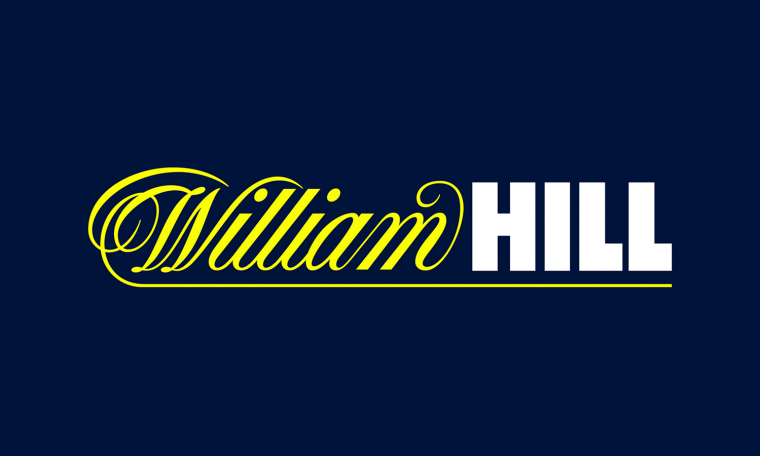The Aintree Grand National Steeple Chase is not only a testament to the extraordinary spirit and endurance of the horses that compete but also to the skill, bravery, and determination of the jockeys who guide them across one of the most challenging courses in the world.
Over the years, this iconic race has been the stage for jockeys to etch their names into the annals of equestrian lore, and has seen its share of heroes who have faced the daunting fences of Aintree and emerged victorious.
We shine a spotlight on some of the most famous jockeys in the history of the Grand National, exploring their achievements, the challenges they overcame, and the indelible mark they have left on this historic race.
Karl Kinsky
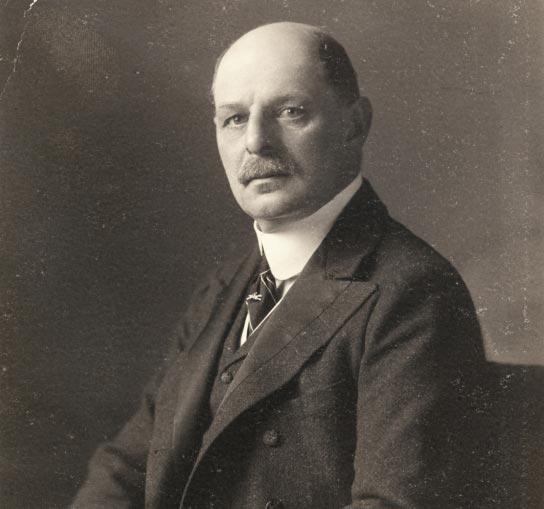
The Grand National at Aintree is an event steeped in tradition and history, which makes it slightly less surprising to discover that the 1894 Grand National was once won by a prince from one of Europe’s royal families.
Karl Kinsky came from a noble family with a long history of horse breeding. The Kinsky’s bred horses for racing and for hunting as well as for the use of the Austrian cavalry. In 1776 Count Kinsky travelled from Bohemia to England to pick some thoroughbred horses which he hoped would strengthen the bloodlines of his own horses.
Roland Reynolds, the master of horses, had a powerful influence on young Karel and soon infected the boy with his own love for Hunt Racing. In the late 1870’s a young Karl Kinsky had the opportunity to travel with the Austrian Royal Family to England, and there he witnessed his first Grand National.
While in England, a steeplechaser by the name of Zoedone came to the young Karl’s attention, having won the Warwick Grand Annual Steeplechase. Karl Kinsky purchased the horse in 1892 for the princely sum of £800 and together with his new prize went for steeplechase training with former steeplechase champion WH Jenkins.
In 1893 Zoedone and Kinsky entered a Grand National featuring the smallest field in history – 10 horses. Karl Kinsky had been advised to ride his horse as if in a hunt, and this advice worked. The weather on the day was terrible, making for a wet and heavy turf, and Zoedone achieved the second slowest winning time ever recorded at the Grand National.
Karl Kinsky, Grand National legend, and Zoedone were back at Aintree the following year, but in a bigger and more competitive field only managed a fourth placed finish. Zoedone was poisoned before the 1895 Grand National and put in a lethargic performance, leaving Kinsky unplaced. Zoedone was then shipped off to Austria to assist in the Kinsky breeding program.
Kinsky’s story has a tragic ending. He fought on the Russian front during the Great War and returned to Austria a broken man. It is now believed that the Grand National legend died of post-traumatic stress disorder. He was only 56.
Richard Dunwoody
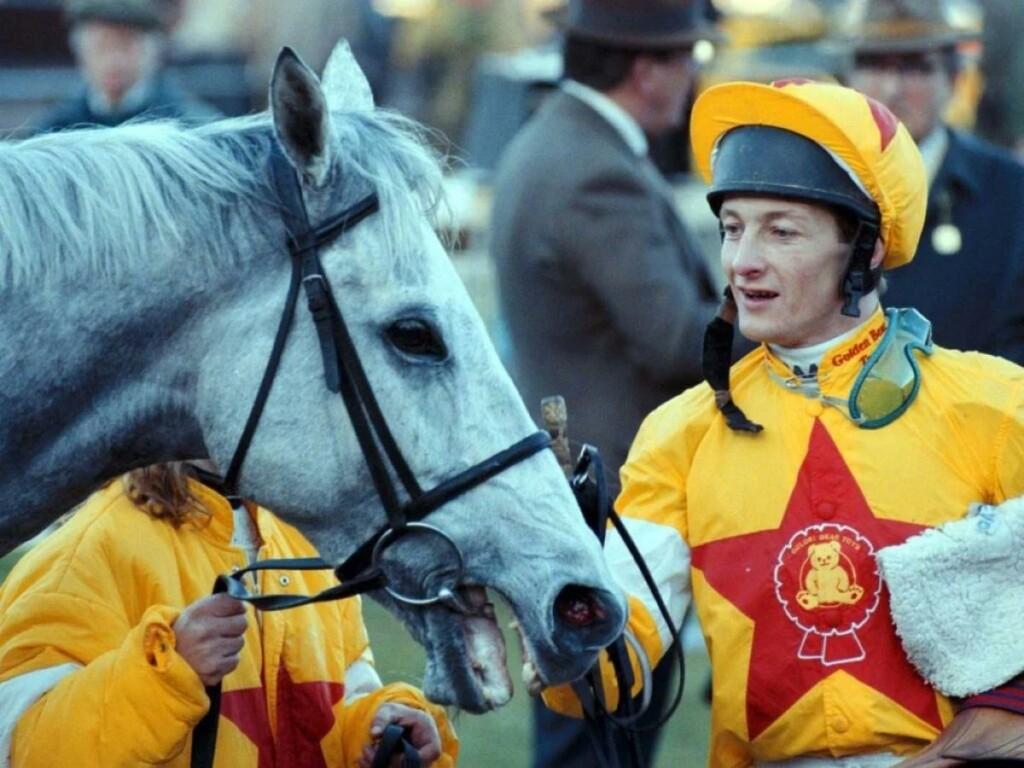
Richard Dunwoody was born to a family passionate about horseracing. His father was a successful jockey and trainer with several Irish records under his belt. Dunwoody was introduced to the sport at an early age and won his first major race at Cheltenham when he was only 19.
Dunwoody’s career was a near instant success, and within a year had turned professional. Many riders wait for decades for a real chance to win the Grand National, but Dunwoody was fortunate to be partnered with a superb racehorse at his first Grand National – the legendary West Tip.
Dunwoody and West Tip’s outing at the 1985 Grand National was a failure. Dunwoody, Grand National legend, followed in the footsteps of the incomparable Captain Becher and on the final lap was tossed into Becher’s Brook. Fortunately in 1986 Dunwoody had a second opportunity to partner West Tip. This time around neither horse nor rider made any mistakes and West Tip claimed the title.
In 1986 Dunwoody joined the stable of the famous David Nicholson, starting a partnership that would be long and prosperous. Dunwoody claimed his second major title in 1988 winning the Cheltenham Gold Cup on Charter Party. Two years later Richard Dunwoody was paired up with one of the greatest steeplechasers in history – Desert Orchid.
Riding Desert Orchid, Dunwoody won some of the most coveted prizes in horse racing, including the King George VI Chase and the Irish Grand National. Dunwoody also raced several more Grand Nationals on West Tip but was unable to spur the horse on to a second victory.
Richard Dunwoody was awarded the title of Champion jockey for the first time in 1993. He topped off this achievement a year later by winning his second Grand National title whilst partnered with Martin Pipe’s Miinnehoma, becoming one of only a handful of jockeys to win the title twice.
Before his retirement due to a neck injury in 1999, Richard Dunwoody won several more prestigious races, including two more King George VI Chase titles. He also received two more Champion Jockey awards.
Dunwoody finished his career with 1,699 race wins, the second highest ever win total in hunt racing – a remarkable achievement for a man who many thought was too tall and too heavy to make a successful jockey.
At present Richard Dunwoody, Grand National legend, runs a horseracing betting advisory website and indulges in the odd polar expedition.
Bob Champion
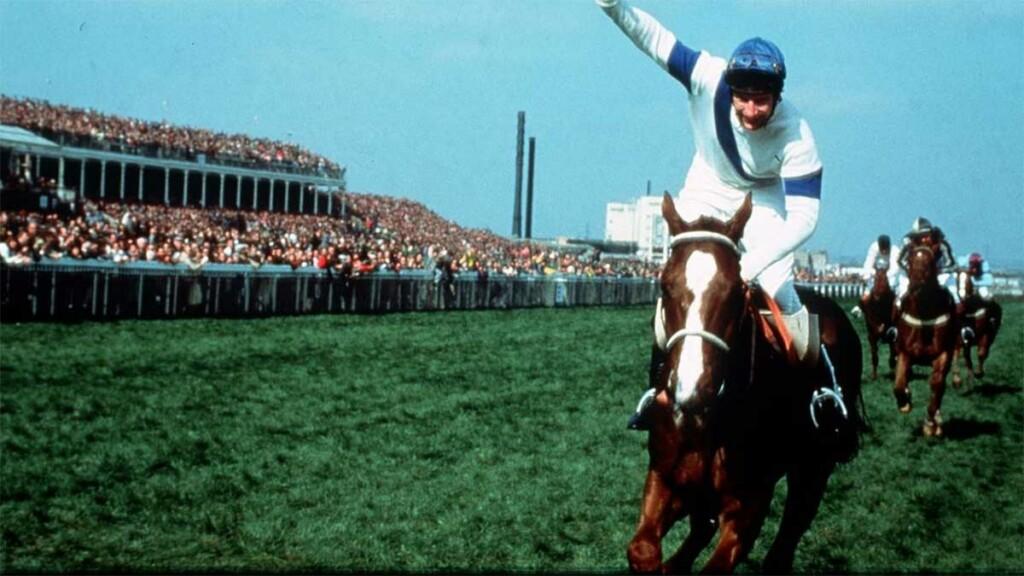
Bob Champion was born into a family with deep connections to the hunt and horseracing. From an early age Champion learnt the art of riding and went hunting with his father – a huntsman – and his sister.
Champion was a precocious talent and won his first horse race at the tender age of 15, and soon became a part of the National Hunt Racing circuit in England. Bob Champion’s touch with racehorses soon translated into wins in smaller National Hunt races, and he even spent several years running flat races in the United States before returning to Britain to fulfil his ambition of winning the Grand National.
Champion’s dream of winning the Grand National was slow to come true. The jockey raced in eight Grand Nationals but was unable to achieve a winning finish, yet he refused to give up his dream. The at the age of 31 Bob Champion discovered that he had testicular cancer and was given only a 40% chance of survival and six months to live.
Bob Champion, Grand National legend, refused to give in to the disease, and made the decision to continue training and racing. His goal was to enter and win the 1980 Grand National, however his treatment took a heavy toll on him and in 1980 Bob Champion almost died from septicaemia. Despite this setback Champion refused to give up and was soon back at training.
In 1981 Bob Champion, still in recovery and with his cancer now in remission, had the opportunity to ride Aldaniti at the Grand National. Many people believed that Aldaniti was ‘crocked’, and after a series of leg injuries few believed him capable of taking the Grand National.
Champion had faith in Aldaniti, and had marked him as a potential Grand National winner after riding the horse for the first time. On April 4th at the Grand National, Bob Champion and Aldaniti achieved one of the most famous Grand National victories winning the race by 4½ lengths.
The win at the Grand National was the making of Bob Champion. The heroic jockey went on to win around 500 races. He was awarded for his performances with an MBE, and went on to use his reputation to raise funds for cancer research.
Today Bob Champion Grand National legend’s cancer is in full remission and he spends his time involved in fundraising for cancer research and motivational speaking.
Captain Becher
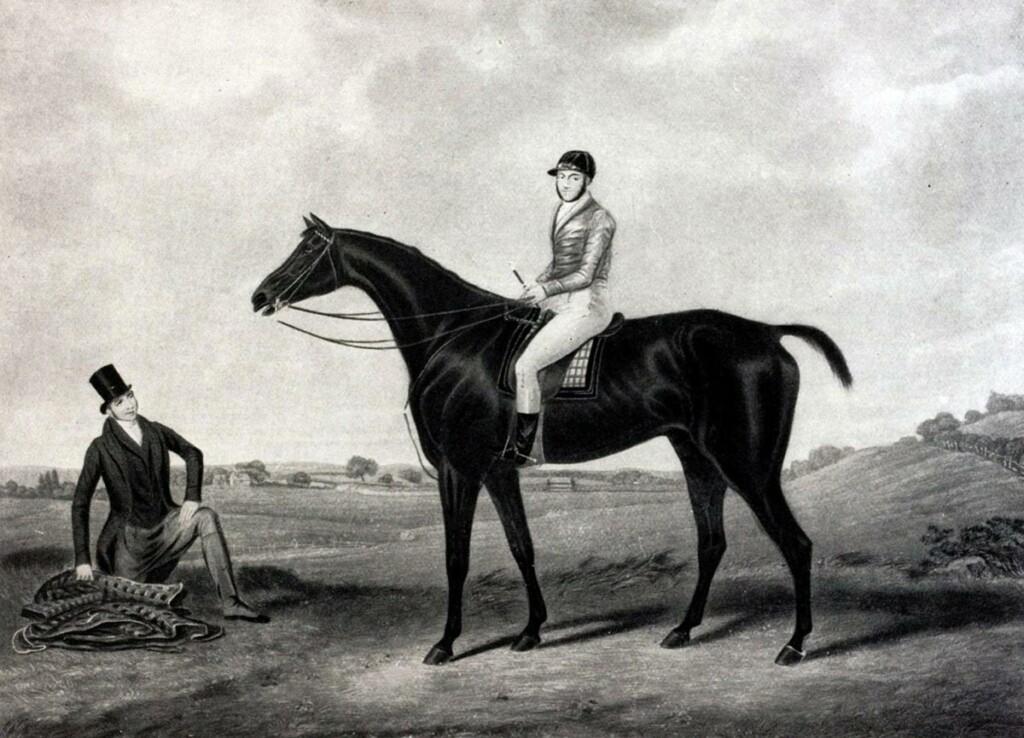
‘Captain Becher commenced his career on a pony, and was remarkable as well, for the boldness of his riding as for the judgement he displayed in the hunting field.’ Norfolk Mercury, 19th Oct 1864 [obituary of Captain Martin Becher]
Captain Becher cuts an almost mythical figure in the history of the Grand National. Although never officially recognised as the first Grand National winning jockey, Captain Becher contributed more to the race than any other jockey in its history.
A great deal of speculation surrounds the biographical details of Captain Becher. Legend has it that Captain Becher served beneath the Duke of Wellington in Waterloo, although he apparently never participated in the infamous battle of Waterloo. Even then he was renowned for his skill with horses which he had picked up from his father.
At the end of the Napoleonic Wars Captain Becher was demobbed and found himself without a means of making an income. He soon found himself an undemanding job as the captain of the Buck Yeomanry and turned his attention to his passion – horseracing.
As fate would have it Captain Becher’s path soon intersected with that of William Lynn, the owner of Aintree racecourse. Both men were inspired by the success of the St Alban’s Steeplechase in London, and Captain Becher convinced Lynn to host a steeplechase at Aintree.
Once Captain Becher, Grand National legend, had ensured that a steeplechase would take place at Aintree, he made himself available as a jockey and was entered into the race as the rider of The Duke. Only ten horses competed in the race, and The Duke won the race over the sprawling Aintree farmland by a single length.
The win at Aintree was one of many during Captain Becher’s distinguished career. The Captain won several of the most prestigious steeplechases including the Northamptonshire Chase, the Grand Aylesbury Chase, the St Albans Steeplechase and the Cheltenham Steeplechase.
Captain Becher’s racing career ended at the first officially recognised Grand National at Aintree. At the 6th fence Becher’s mount, Conrad, made the decision not to jump and instead thundered into the gorse, sending Captain Becher over the fence and into the brook running across the landing.
Following this incident Captain Becher, Grand National legend, decided his racing days were over and never raced again. In later years he worked as a racecourse manager, and today the sixth fence at Aintree is named Becher’s Brook in his honour.
George Ede-Edwards
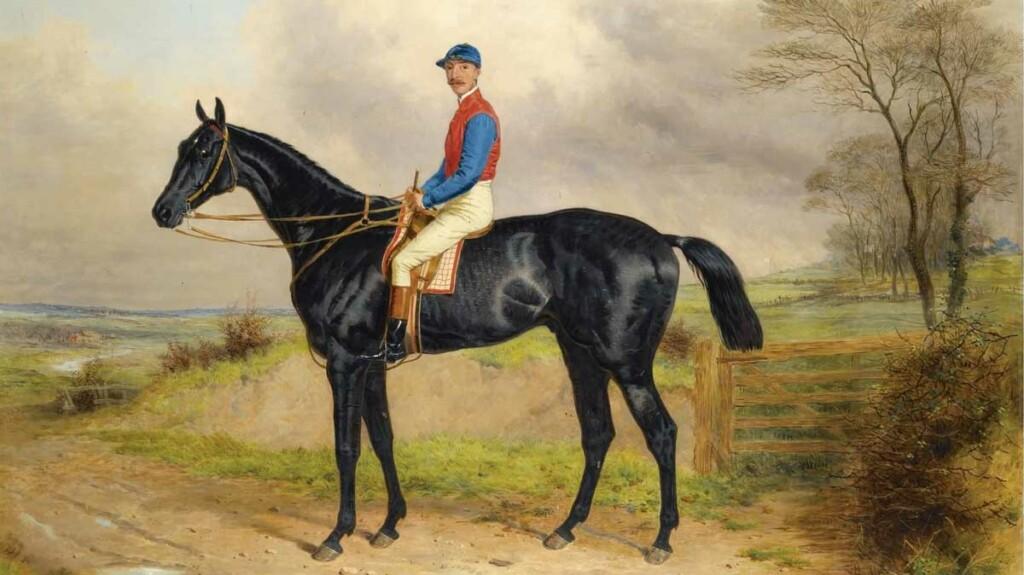
George Ede-Edwards was one the most notable jockeys in the history of the Grand National, and his story is a mixture of glory and tragedy. In his youth Ede-Edwards attended a public school at Abingdon where he was introduced to a host of sports and was found to excel at cricket. George Ede-Edwards also learnt the art of horse riding at Abingdon, and upon leaving school was considered to be a well rounded sportsman.
George Ede-Edwards’ first involvement in sport as an adult was as a cricket player for Hampshire County Cricket Club. His ability soon earned him the captaincy of his side from 1864 to 1869. Not all of his sporting energy was directed into cricket, Ede-Edwards also fancied himself as an amateur jockey and soon became involved in horseracing.
Using the pseudonym ‘Mr Edwards’, George Ede-Edwards competed in the Grand National several times without meeting with success. To make matters worse in early 1868 Ede-Edwards was unseated during a race and sustained life threatening injuries. Yet within weeks Ede-Edwards, Grand National legend, had made a miraculous recovery and in April entered the Grand National with The Lamb.
The Lamb was no stranger to adversity either, and although his potential was obvious, many thought the Grey was too small to compete in the Grand National. After training with the Grey for several weeks, George Ede Edwards took The Lamb to victory in the 1868 Grand National, becoming the first jockey to win the race on a grey.
George Ede-Edwards competed in one more Grand National before a fateful meeting after that race led to a chain of events that would ultimately cost him his life. Following the Grand National Ede-Edwards was asked by a trainer to race his horse Chippenham at the Grand Sefton Chase at Aintree the following day.
George-Ede Edwards’ friends advised him not to participate in the race as Chippenham was rumoured to be an aggressive, temperamental horse. Nevertheless, Ede-Edwards, on the verge of retirement decided to run one more race.
Ede-Edwards, Grand National legend, was unseated by Chippenham at the 15th fence and both rider and horse fell. Although Ede-Edwards survived the fall, he was unfortunate to find himself in Chippenham’s path as the horse tried to rise. Chippenham stumbled into Ede-Edwards, crushing his chest. George Ede-Edwards spent the next three days fighting for his life before succumbing to his injuries.


